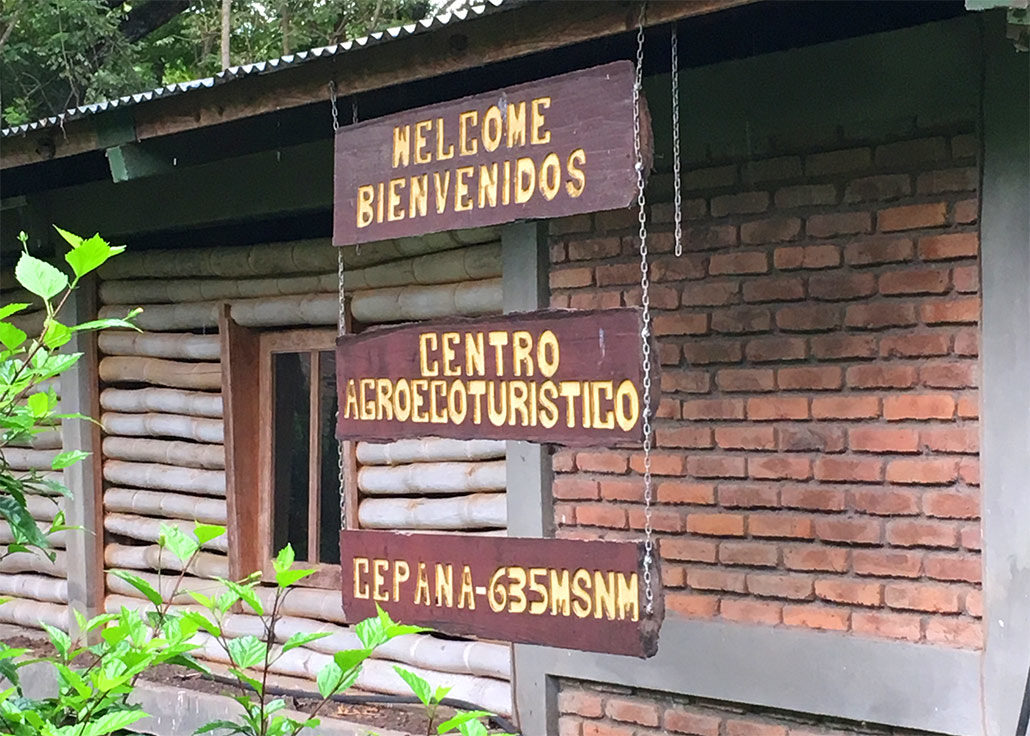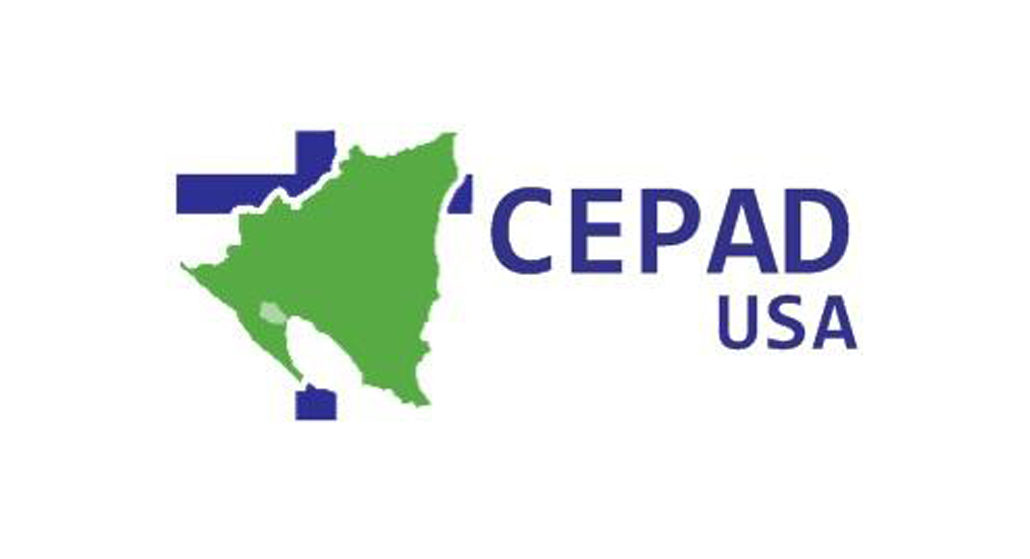› Praying for Peace in Nicaragua
CEPAD is the agency through which SPC has worked for over 10 years to partner with seven rural villages in Nicaragua. The World Mission Committee has been in contact with Emily Hewes, Development Director for CEPAD to receive updates. The situation with our friends in Nicaragua is still very tenuous with continued violence in the streets and interrupted dialogues for reconciliation. You can find some updates in letters written by Damaris Albuquerque, Executive Director of CEPAD, here.
As partners and world neighbors, we have been asked to keep the situation foremost in our prayers. In addition, the World Mission Committee has revised a letter provided to US church partners from CEPAD and addressed to President Daniel Ortega to be sent to the Nicaraguan Embassy here in the United States. If you are interested to lend your voice towards the work of reconciliation in Nicaragua, you may find the letter here to print and send on your own; or you may stop by a table in Fellowship Hall on Sunday, July 1 to find the same letter as well as some further information on the situation of unrest.
As a reminder of the full context of this situation, see here the letter written by Emily Hewes in May and sent to US partners:
Since mid-April Nicaragua has been in a state of civil unrest.
The principal cause for the unrest began when the government of Daniel Ortega tried to enact reforms to the country’s social security system which would have resulted in workers and employees paying more and those who are retired receiving less. The country erupted in peaceful protest. Unfortunately, that protest was met with extreme repression from the government.
Now, nearly two months later things have gotten worse. There was an attempt at a national dialogue that was moderated by the Episcopal church in Nicaragua but it was cancelled because the moderators said there was no progress being made.
More than 100 people have been killed and hundreds have been injured. Many fear leaving their homes as there are groups of armed militants (of unknown origin) rounding up people and putting them in jail or worse.
CEPAD’s work has continued in the rural villages, the most affected areas are in the major cities. There are some places where CEPAD staff are unable to reach the villages because of roadblocks but they continue to connect with leaders and beneficiaries over the phone.
› Praying for Peace in the Philippines
SPC has also long been involved in helping to support PC(USA) Mission Co-Workers, Cobbie and Dessa Palm who minister among sisters and brothers in the Philippines. We offer our prayers for their safety and continued ministry there.


